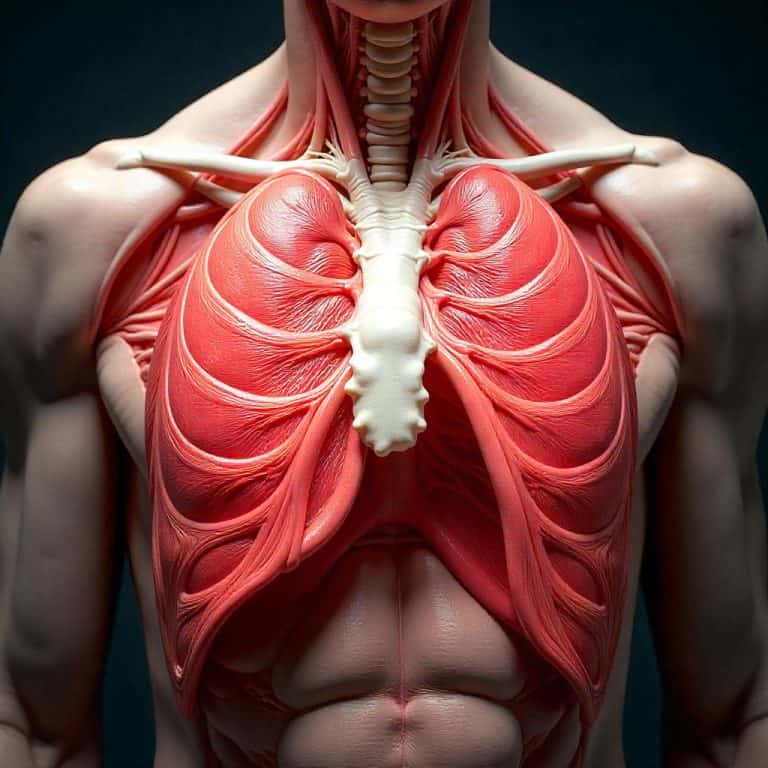Welcome to our diaphragm quiz! The diaphragm is a crucial muscle that helps us breathe by contracting and relaxing as we inhale and exhale. In this quiz, you’ll learn all about the diaphragm and how it plays a key role in helping us breathe properly.
Get ready to test your knowledge on this important muscle in our quiz! From understanding how the diaphragm works to its impact on our respiratory system, you’ll discover fascinating facts about this essential part of our bodies.
So, let’s dive in and see how much you know about the diaphragm!
Play Diaphragm Quiz
Instructions
- This quiz is multiple choice.
- Read each question carefully before selecting an answer.
- Choose the best answer for each question.
- You will see the missed questions with correct answers at the end of the quiz.
Quick Facts
- The diaphragm is a dome-shaped muscle located at the bottom of the chest cavity.
- It plays a crucial role in the process of breathing by contracting and expanding to help the lungs fill with air.
- The diaphragm separates the chest cavity from the abdominal cavity, helping to keep organs in place.
- When you inhale, it contracts and moves downward, allowing the lungs to expand and take in air.
- Conversely, when you exhale, it relaxes and moves back up, pushing air out of the lungs.
- In addition to aiding in breathing, it also plays a role in other bodily functions such as digestion and posture.
- Damage to the this area can result in difficulty breathing, chest pain, and other respiratory issues.
- Regular exercise and proper posture can help strengthen the muscle.
- Deep breathing exercises, such as diaphragmatic breathing, can help improve lung capacity and overall respiratory function.
- Proper diaphragm function is essential for maintaining good health and well-being.
Downloads
Study Tips
- Create a study schedule and stick to it.
- Find a quiet and comfortable study environment.
- Remove distractions such as phones and social media.
- Take breaks every 25-30 minutes to avoid burnout.
- Use active studying techniques like summarizing, highlighting, and teaching concepts to someone else.
- Practice retrieval by testing yourself with flashcards or practice quizzes.
- Stay organized with notes, study guides, and resources.
- Stay hydrated and eat brain-boosting foods like fruits, nuts, and whole grains.
- Get enough sleep to improve memory retention and cognitive function.
- Reward yourself for reaching study goals to stay motivated.
